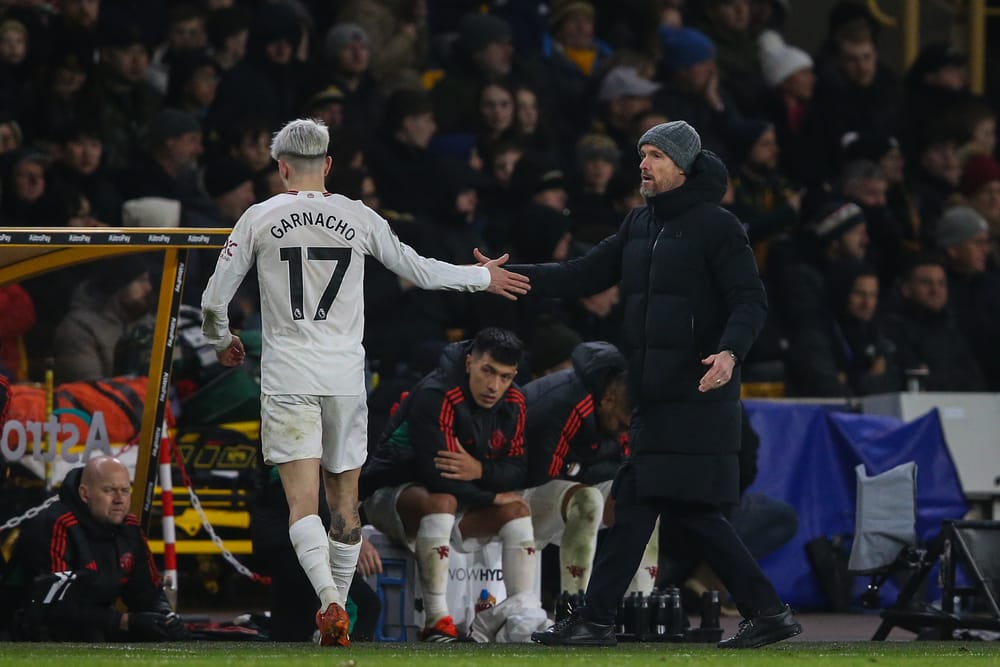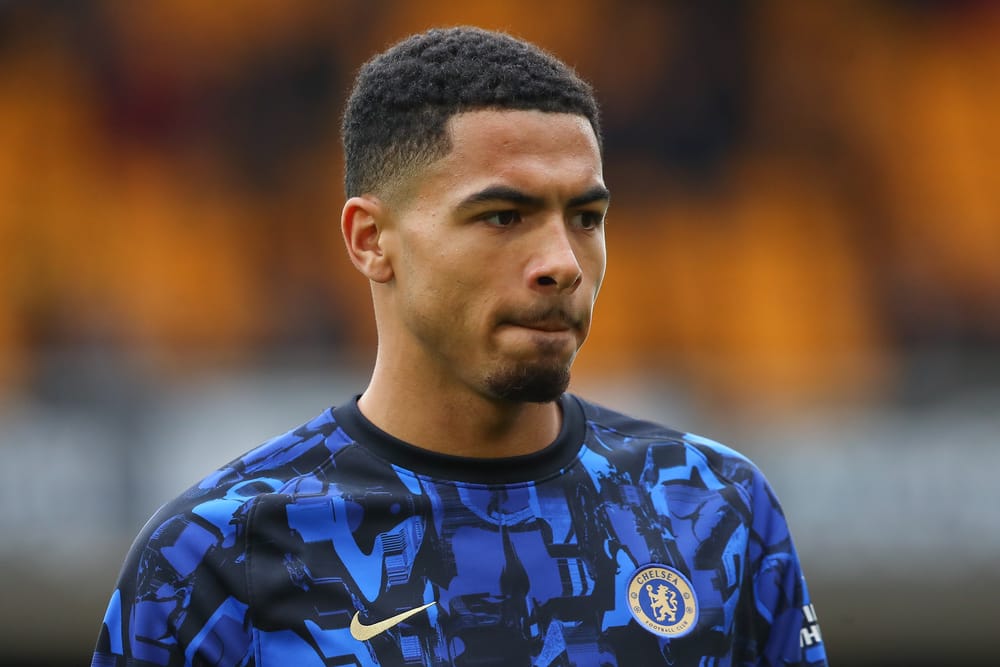In the aftermath of the Israeli national team’s staggering 4-1 defeat against Iceland, the mood within the camp is somber. Manager Yossi Benayoun and coach Alon Hazan find themselves under scrutiny as they confront the fallout from their team’s dismal performance.
The defeat, which marked the end of Israel’s hopes for Euro qualification, has sparked discussions about the team’s future direction. Yossi Benayoun, who has been at the center of attention since taking on the managerial role, faces tough questions about his leadership and decision-making.
During a post-match meeting with players, Benayoun expressed disappointment but remained optimistic about the team’s prospects. However, criticism has been leveled at his handling of key situations, including the exclusion of star player Eran Zahavi from the early stages of the campaign.
Meanwhile, players have voiced their frustrations, with some pointing fingers at tactical shortcomings and defensive lapses. The absence of Oscar Gloukh from the starting lineup also drew ire from within the team, highlighting simmering tensions and disagreements over team selection.
The mood in the dressing room after the match was described as despondent, with players grappling with the reality of their elimination from Euro contention. The cancellation of a scheduled friendly against Bosnia only added to the sense of disappointment among the squad.
Several events during the game have been scrutinized, including moments where Israel took the lead only to concede two quick goals, and a missed penalty by Eran Zahavi. These incidents have intensified the scrutiny on Benayoun’s decisions and the team’s overall performance.
In addition to the criticism leveled at the coach, another point of contention has been the decision to keep Oscar Gloukh, arguably the best player on the Israeli national team, on the bench for the majority of the game, only bringing him on in the second half. This decision has raised questions about whether the team’s best player should have been included in the starting lineup and whether Coach Hazan erred in not utilizing Gloukh from the outset.
The omission of Gloukh from the starting lineup has not gone unnoticed by pundits and fans alike, with many questioning the coach’s judgment. Dudu Aouate, a former prominent goalkeeper in Israel, voiced his opinion on Israeli television, stating that the top 11 players in any football team should start the game (paraphrased quote).
This decision has added fuel to the fire of criticism directed at Coach Hazan, further intensifying scrutiny of his tactical choices and team management. As the debate rages on, it underscores the challenges facing the Israeli national team and the need for accountability and transparency within the coaching staff.
Despite the setback, attention is already turning to the future of Israeli football. Speculation is rife about potential changes in coaching staff, with names like Barak Bakhar, Ofir Haim, and Roni Levy being floated as possible replacements.
Veteran players like Miguel Vitor and Eran Zahavi may also be contemplating their international futures, as the team looks to rebuild and regroup ahead of future campaigns. However, any decisions regarding the team’s direction will likely hinge on the appointment of a new manager and the outcome of internal reviews.
In the wake of the defeat, fans and pundits alike are calling for introspection and accountability within the Israeli footballing community. As the dust settles on a disappointing campaign, questions linger about the team’s ability to bounce back and compete on the international stage.
Despite the challenges ahead, there remains a glimmer of hope that lessons learned from this defeat will pave the way for a brighter future for Israeli football. Only time will tell if the national team can rise from the ashes and reclaim its place among Europe’s elite.



